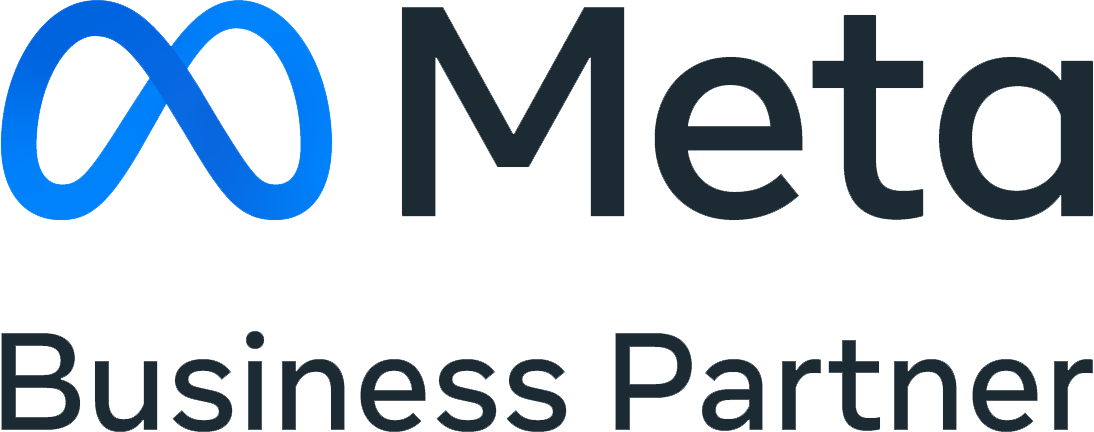This year’s Search & Performance Insider Summit took place from May 1st to 4th, in Nashville, TN. It featured a comprehensive agenda of engaging speakers and leadership from brands, agencies, and vendors, and covered topics from gamifying new product launches, the cookieless future, agile testing principles, and maximizing Performance Max. However, all these topics were just delicious side dishes to the 40-oz tomahawk steak of the conference – Artificial Intelligence.
AI is coming, AI is here, and AI has been here. It’s been used for years in ways that haven’t generated the current headlines, it’s becoming an integral part of daily operations for numerous agencies and brands, and its capabilities are increasing very rapidly.
If the window hasn’t fully shut on using AI as a competitive advantage, it’s only open a sliver. Set some basic guidelines, but empower your people to experiment, discover efficiencies, and start getting comfortable with a product that will soon be on par with Microsoft Office as part of their daily lives. Below are some of the topics that were discussed regarding AI and its impact.
Same Money, More Scope: Agencies and vendors will be expected to produce more with the same amount of fees. This can be a win/win. Brands get better testing and better results while agencies, nimble in AI, can create more in less time than their current output, effectively increasing their hourly fees.
Your Job is Safe: Or at least some facsimile of it. But will it be you in it? Your number one competition isn’t the scary Artificial Intelligence machine, it’s the college graduate who knows how to use it better than you. Keep up your skills and your professional development when it comes to AI, and you’ll land on your feet.
Is Paid Search Safe? Is SEO? Your mileage may vary on responses, but the answer was generally “no.” How and where we search may change, but the need for professionals who know how to get to the top of the rankings will remain. There was also optimism that generative AI would help create a more robust search marketplace that would allow other engines to become more viable competitors to Google. This could expand the need for paid search and SEO professionals as there would be more engines that agencies and brands would need to utilize and consider.
The Human Touch: The most popular way attendees were utilizing AI was to help with content generation, but the common refrain was that it served as a “good rough draft.” It should not be considered a panacea for the human element of content creation. It’s a thought starter, a writer’s block breaker, and an editor. But it also has a real “garbage in, garbage out” element.
AI won’t turn lead into gold, and it won’t produce content from scratch that you can go post on your website. AI content can be highly inaccurate, outright fictional, or completely nonsensical. However, it can provide nuggets that, in the hands of knowledgeable copywriters, can be used to create engaging, valuable, and SEO-friendly content.
As stated earlier, there was more to the conference than just AI, but I found the other sessions to be more inspirational than informational.
Fight for what you believe in: Nobles Crawford, Assistant Vice President of Consumer Activation, Couture, L’Oreal gave an outstanding presentation on capturing new consumer behavior. His idea for gamifying the promotion of Prada Candy was not just inspiring in its execution, but also in Mr. Crawford’s relentless pursuit of his vision. Four times he kicked the idea up the ladder to senior management before finally receiving buy-in. On the campaign’s first day, it generated the results that they expected for the first two months – leaving the company struggling to meet consumer demand. The takeaway from this, perhaps my favorite of the conference – prepare for success. It’s our nature to spend so much time thinking about what failure entails that we don’t consider what happens when we wildly succeed.
Slow down for a bit so you can end up going further: Abby Wolf of Discover reviewed a case study that demonstrated how slowing down and implementing agile test methodologies into your campaigns can lead to better results, faster testing cycles, improved communications, and stronger record-keeping. It’s also incredibly handy come review time to help illustrate what you accomplished this year.
Who moved my cookies? Somebody moved your cheese a long time ago; now your cookies are going away too. How are agencies and brands going to adapt? What are the best tools and content strategies to help capture first-party data? Depending on the industry and resources, these answers were very different, but there was agreement that it is time to start dusting off our old marketing textbooks and get back to the old targeting and testing principles that we have been letting cookies and retargeting do for us. See above about slowing down and implementing agile test methodologies.
I’d like to thank the people at Mediapost for organizing such an informative and engaging conference. The performance and paid search landscape is changing rapidly, and it was great to have a forum to discuss how other companies and agencies are adapting.
Contact us for more information.





